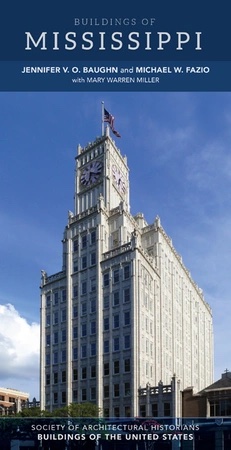
After twelve years of planning, the Knights and Daughters of Tabor, an African American fraternal order, opened this one-story, forty-two-bed hospital, one of the largest and best equipped black-owned hospitals in the state after the Afro-American Sons and Daughters Hospital in Yazoo City, which opened in 1928. Its concrete stringcourses on red brick walls, semicircular cantilevered canopy at the central entrance, and horizontal two-over-two windows give the one-story, U-shaped building a streamlined Moderne character. Men’s and women’s wards and sunrooms in the front pavilions overlooked the front yard. Physician T. R. M. Howard, who began as chief surgeon and became one of the wealthiest African Americans in the state, led a private investigation into Emmett Till’s murder in 1955 and mentored younger civil rights leaders, including Medgar Evers. The hospital closed in 1983 due to new accreditation standards and a loss of federal funding. After thirty years of vacancy, the building was renovated and reopened in 2014. To the rear, the former Taborian headquarters (1942), a two-story brick building with shaped parapets, faces W. Martin Luther King Jr. Drive.








